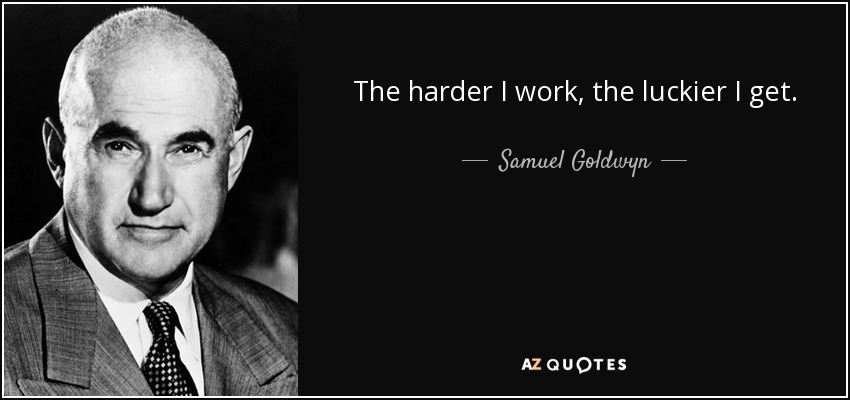Paul Farquhar
Legend
WotC didn't have to be savvy, it was all luck, it literally fell right into their lap.

WotC didn't have to be savvy, it was all luck, it literally fell right into their lap.

You got me.
I am just a random poster on an Internet forum with no blog, YouTube, or twitch channel platform.
Only CoC has really stood the test of time - largely due to being the first mover in it's market niche.
I think that a lot of the ways new players approach RPG's has been affected more by CRPG's more than we all might be willing to admit. (Fantasy CRPG's are very high power fantasy ...)
Here's the simplest explanation:I again wish there was an analysis somewhere that was as unbiased as possible to say why.
There has to be a reason(s) Pathfinder was a success, where 4e was not, when one was a direct response essentially to the other.
It seems rather unfortunate to dismiss the impact computer games has had on D&D, since without it, my current group would not have existed.
"I think that a lot of the ways new players approach RPG's has been affected more by CRPG's more than we all might be willing to admit. (Fantasy CRPG's are very high power fantasy ...) "
but please don't dismiss the voices of those who got on the ship in a different way from what you prefer.
only my brother bought the hardcover books.
But isn't this true about most hobbies and interests?I didn't.
In fact I said:
CRPGs have been very influential in modern D&D, from game design, art, and to the gameplay assumptions of new players.
No one would deny that.
My commentary about Chris Cocks playing the game was solely about whether or not he currently plays D&D.
I stated no preference. And I do not care how people wind up playing RPG's. People arrive at past times and hobbies in different ways. How people eventually get to start playing D&D with an RPG group are just things that happen.
Note my liberal use of the word generally, in much of my commentary about casual players.
There will be outliers, of course. But they are outliers. We have seen booms and down turns in the hobby before. And we know the general trends that these things follow.
Which proves my wider point. Just like I was the only one in a group of 5 to buy the books. And both of our groups are outliers.
We are outliers in that we both have long term players to who stay with the group, And players who will engage with the RPG outside of the game session in a hobbyist fashion.
D&D is attracting a huge amount of casual players in this current boom.
This makes for some seriously impressive numbers of people that play D&D.
But there is a general difference, as even our two groups have shown; between the overall number of people that play D&D, and the number of those who actually buy the product that pays WotC's bills.
And one of those groups far and away outnumbers the other.
Wotc does not distinguish or attempt to weigh the responses of those two groups in its surveys that it uses to guide game development.
In my opinion:
I believe that is a mistake that will have long term consequences.
I think that the designers moving 5e to "easy mode", to the degree that they have, will have the long term effect of not retaining/converting as many new players as they think that they will into long term player/hobbyists, because of the increasing removal of challenge in the core D&D gameplay, when the current boom winds down.
Not if the 10% that arent like your mom are whales and support the finances of MLB.I'd argue that 90% of baseball fans are like my mom.
Do you think that'll have "long term consequences" for Major League Baseball?
Not if the 10% that arent like your mom are whales and support the finances of MLB.
(Then again, its not really merch that keeps pro sports going is it, its the tv deals -> ads right?)

(Dungeons & Dragons)
Rulebook featuring "high magic" options, including a host of new spells.